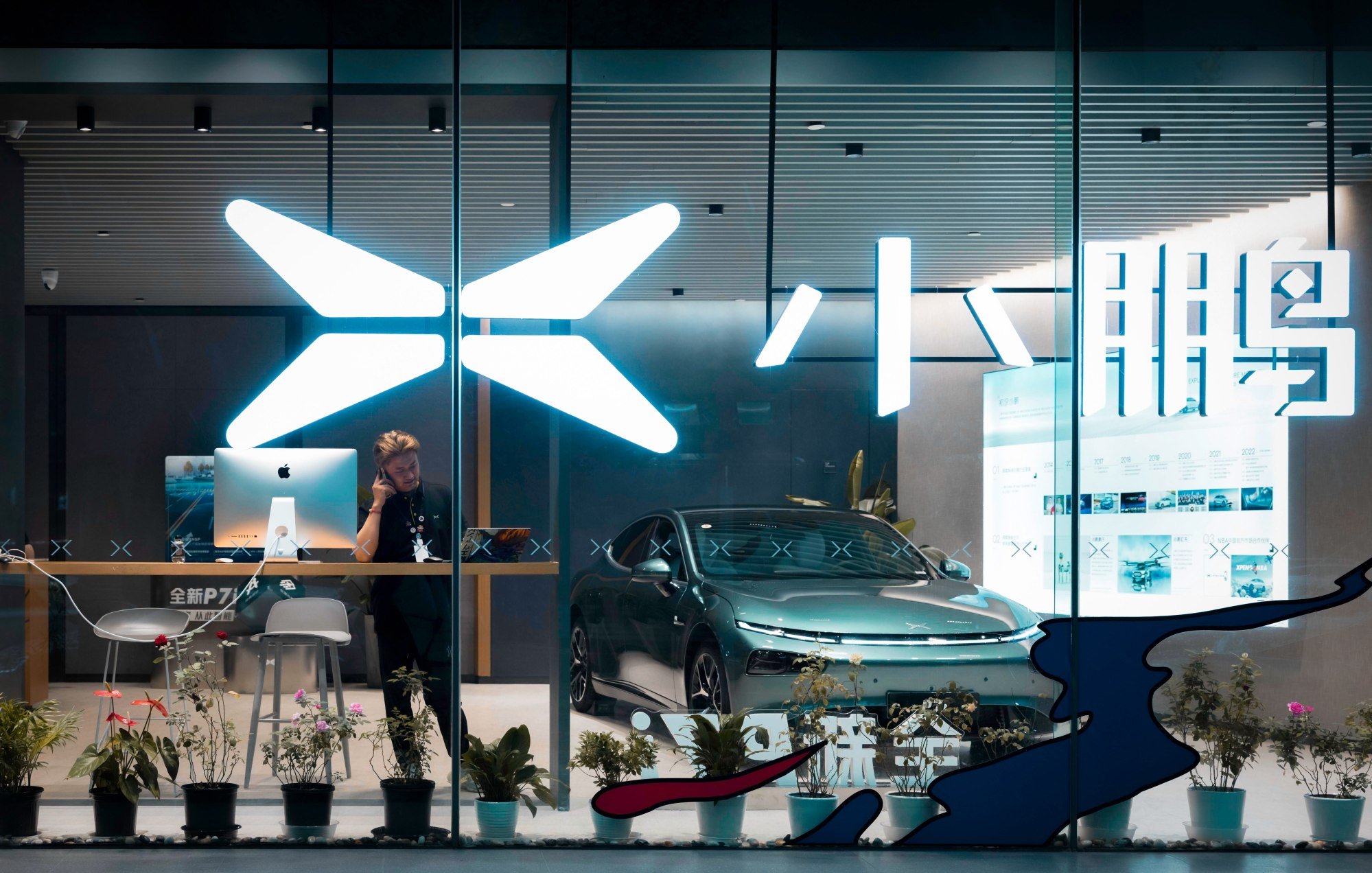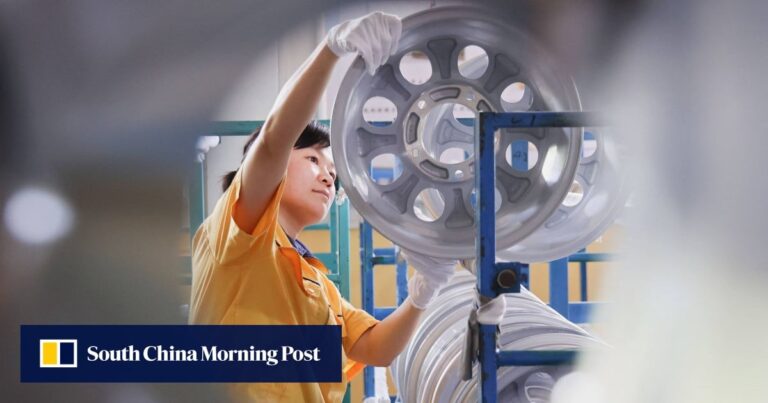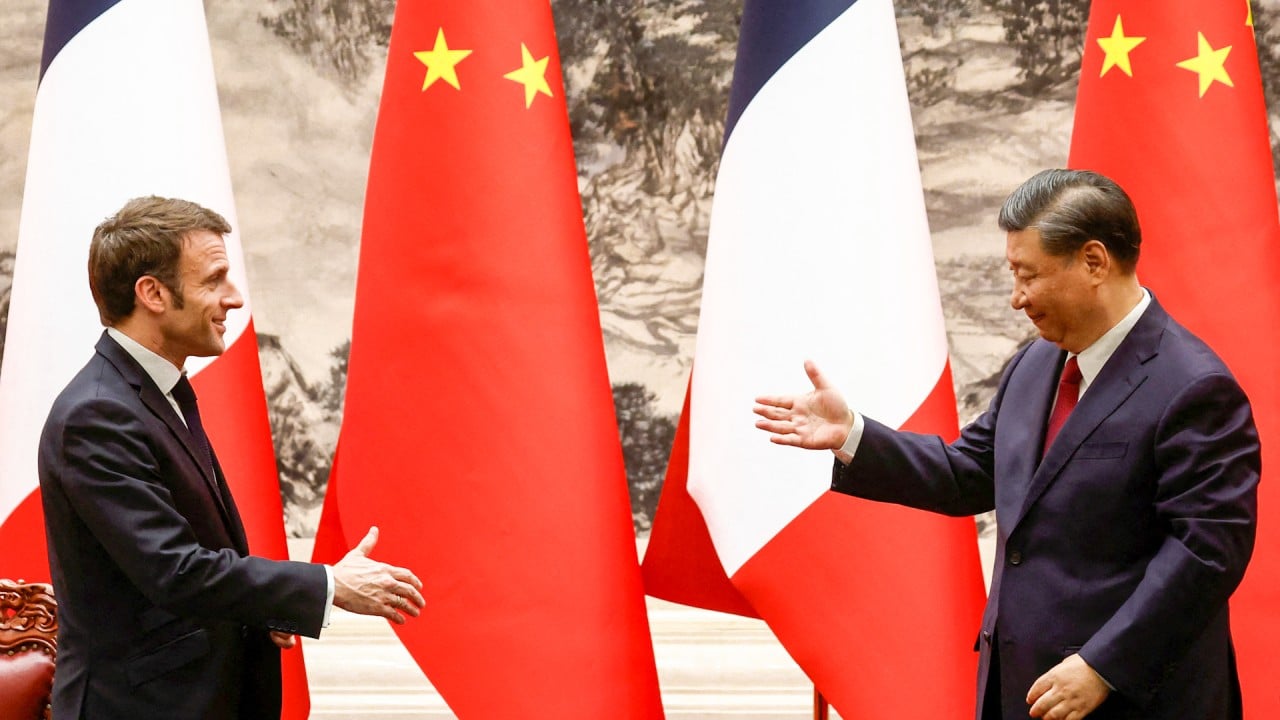The EU will postpone a decision on whether to impose countervailing duties on Chinese-made electric vehicles until after next month’s European Parliament elections, in an effort to keep the politically sensitive issue away from election campaigns.
The European Commission was expected to notify the companies and the 27 EU member states of its decision in advance on June 5, nine months after the investigation into Chinese subsidies to the electric vehicle sector began.
German magazine Der Spiegel and industry publications said the broadcast would take place on June 10, the day the results of the European Parliament elections are to be announced, “to distance the issue from heated election campaigns,” the magazine reported.
A spokesman for the European Commission’s trade department said no political decisions had been taken on when any provisional tariffs would be announced.
The investigation is still ongoing and could lead to higher import tariffs on electric cars arriving at European ports from China.
The June 5 deadline has been widely reported and is based on the nine-month period from when European Commission President Ursula von der Leyen announced the investigation last October, and the deadline is understood to be a procedural courtesy rather than a legal obligation.
An announcement on the temporary tariffs is expected on July 4, after which the European Commission and EU member states have four months to decide whether to impose permanent tariffs on Chinese car imports.
The Chinese government has threatened retaliatory measures against the tariffs through state media and business channels.
State-run tabloid Global Times said this week that EU pork exports could be a target, and reported last week that China was considering investigating the subsector of internal combustion engine vehicles made in Germany and Slovakia.
A Chinese anti-dumping investigation into European brandy has already been launched, which is widely seen as a rebuke to France, a major exporter of Cognac to China and a strong supporter of the European Commission’s EV investigation.
German and French ministers this week tried to ease trade tensions with China. On Wednesday, German Transport Minister Volker Vissing likened the commission’s investigation to Communist East Germany, saying he was “astonished that calls are being made for governments to restrict competition.”

“What’s missing is a robust investigation by the EU commission that would identify where competition is unfair. On the basis of this investigation, the issue can be addressed. But simply saying there are suspicions is not enough,” Wissing told online news outlet Euraactive.
“This has nothing to do with a market economy. Ultimately, you have to ask yourself: do we want to manage such a massive transformation process according to an economic blueprint that doesn’t work economically? [East Germany]or do we want to stick to the successful model of the Federal Republic of Germany?,” he added, referring to the country’s current official name.
Earlier this week, French Finance Minister Bruno Le Maire said Europe “must absolutely avoid any form of trade war because it is not in the interest of the United States, China, Europe or any country in the world.”
“China is our economic partner, but China has industrial excess capacity. The G7 must unite to protect its industrial interests,” he said at a meeting of G7 finance ministers in Stresa, northern Italy.


